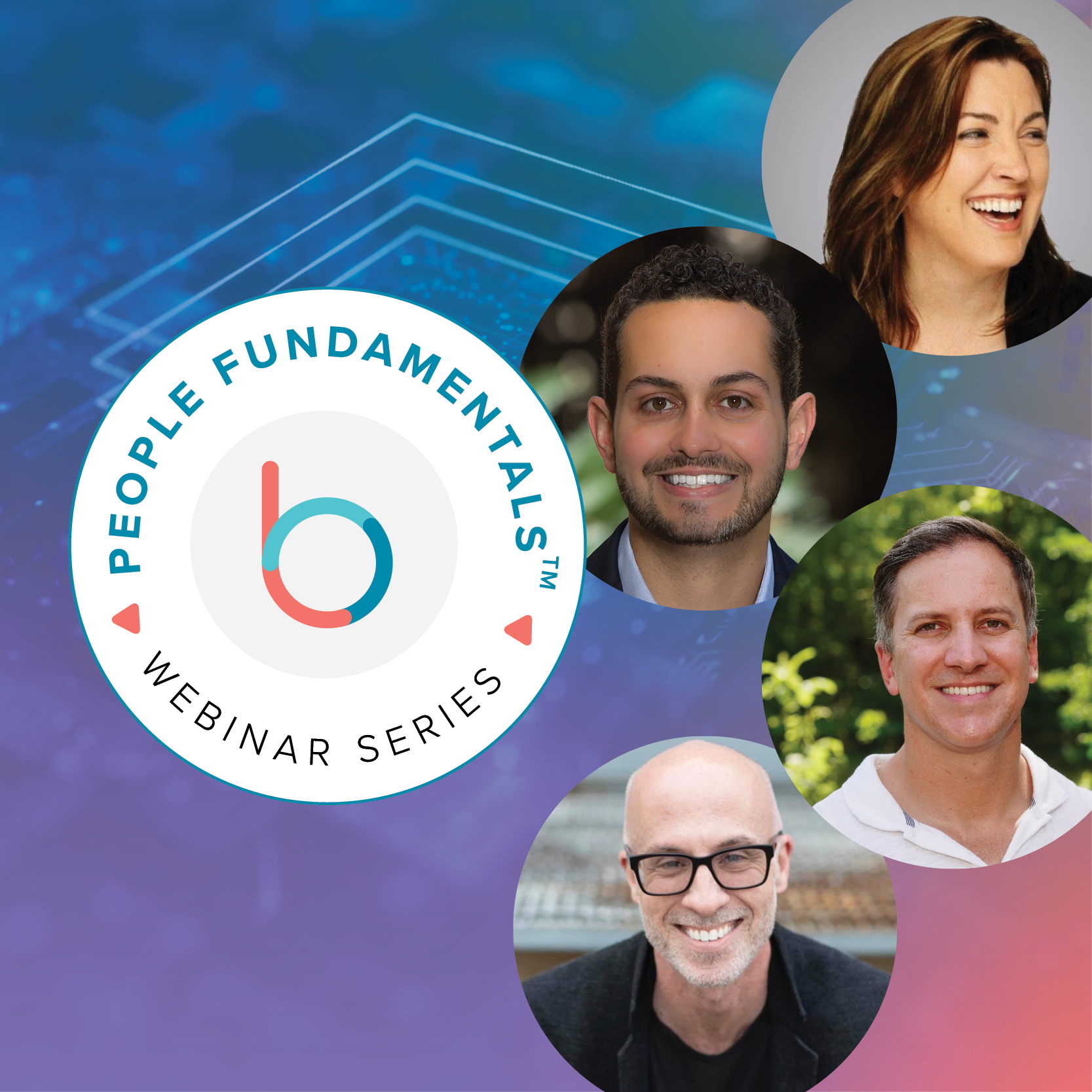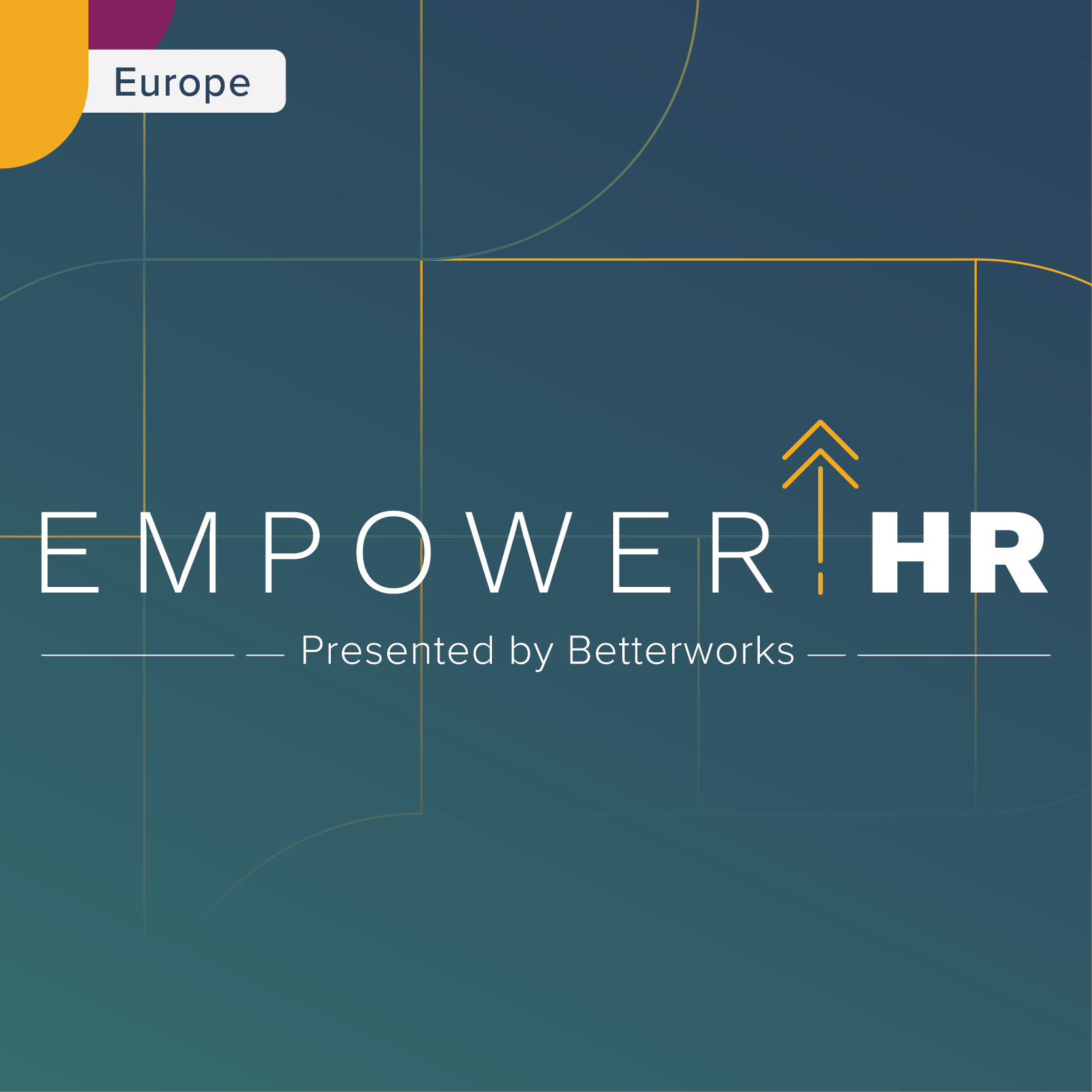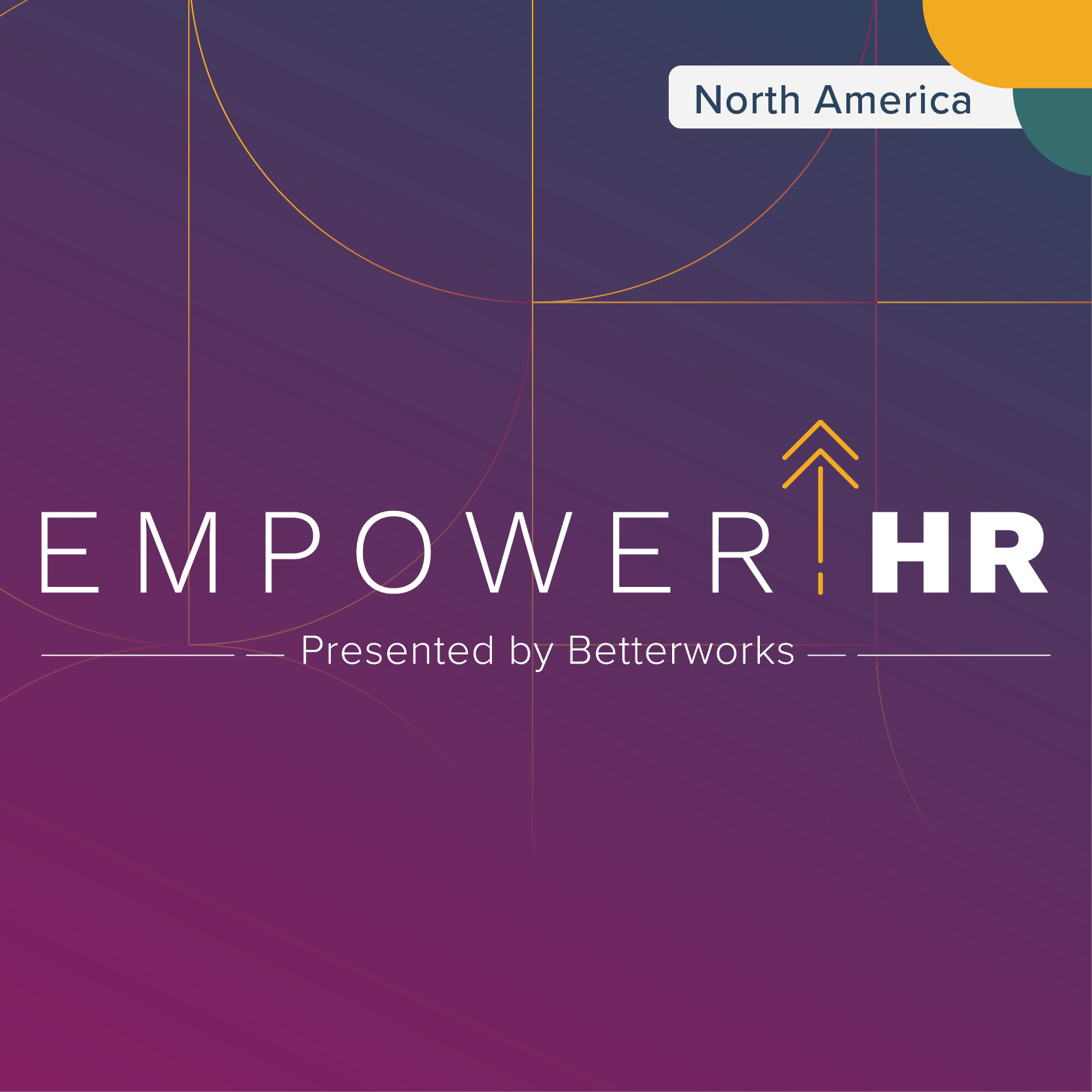Feedback Tells You If Your Compensation & Benefits Are Hurting or Helping
It’s not earth-shattering news to say that compensation and benefits packages play a vital role in the overall satisfaction levels of your workforce. However, it’s a common misconception that compensation plays a more pivotal role than it actually does. In fact, as we’ve discussed before, inferior compensation relative to marketplace standards, while certainly not helpful in keeping employees content, isn’t the primary driver behind the erosive forces of attrition.
As both external research and our own vast experience in the space indicate, the real drivers behind attrition often come as a surprise to many employers. While strong feedback programs rely on people data to reveal the true motivations behind workers leaving organizations, there obviously is a certain degree of variance between employers and the forces behind attrition.
Rather than placing undue attention on compensation packages, all organizations – no matter the size or industry – should focus on creating and fostering a healthy workplace culture that places importance on personal growth and a commitment to excellence at both the employee and employer levels. Effective feedback systems are an organization’s best tool to gauge those commitments, continually monitoring for swelling trends that might have significant repercussions in the future if not adequately addressed in a timely fashion.
The Power of Benefits
One of the more common factors behind an unsatisfied workforce and the inevitable attrition that accompanies it, as uncovered by effective feedback programs like Betterworks Engage, are substandard benefits packages. To that point, according to recent research, nearly 80% of employees would accept additional benefits over increased compensation. Even more enlightening, almost 90% of millennials – quickly becoming the backbone of the workforce – would take better benefits over higher pay.
In fact, according to an Employment Confidence Survey from Glassdoor, the following benefits and perks are often valued more than pay raises, as categorized by the benefit and frequency of preference to higher compensation:

Of course, benefits also play an essential role in attracting new talent to an organization, with roughly 60% of people considering them a significant factor when choosing whether or not to accept a job offer from a prospective employer. For both candidates as well as current employees, however, there’s a consistent list of reasons why workers across the aggregate workforce place so much value on benefits, including:
- Unexpected health issues can be catastrophic to a person’s finances, easily negating even robust and consistent pay raises
- Matching employer contributions to a retirement plan can significantly accelerate the rate an employee can start saving for their own retirement
- Family-oriented benefits like life insurance and disability help ensure the financial well-being of an employee’s loved ones
Naturally, benefits packages speak to a broader spectrum of factors that, collectively, constitute the overall employee experience. Since home life directly impacts work performance and vice versa, integrating competitive benefits relative to the marketplace simply makes good business sense as they boost employee satisfaction with an organization and, therefore, increase productivity along the way.
Betterworks Engage Helps You Gauge the Impact of Your Benefits
Given the long list of factors that contribute to worker satisfaction levels and the employee experience, Betterworks Engage’s innovative platform helps employers measure and monitor employee satisfaction levels through the use of precise and insightful surveys and polls. These revealing tools can prove to be invaluable in deciding if a benefits package is adequate to stay competitive or needs to be improved.
Just like surveys and polls focusing on compensation, however, such tools are always most useful when used on a consistent basis. The antiquated notion of annual or semiannual surveys being sufficient to adequately inform management of satisfaction levels within a workforce is old-fashioned and incapable of keeping pace with the dynamic nature of modern industry.
In fact, the modern workforce expects an employee experience and journey that addresses the many different components that together define what it means to be an employee with a particular organization. Likewise, employees also expect a high degree of agility and immediacy from an employer when addressing any and all issues within the workforce.
With our vast experience and innovative tools available to organizations, Betterworks Engage can be an invaluable partner in developing feedback systems that help you create and maintain feedback programs that give you the insights needed to support a healthy and satisfied workforce. As the revealing people analytics generated by those tools unveil, compensation isn’t the primary driver behind attrition, no matter what common beliefs might indicate. Instead, compensation and benefits are individual pieces to the entire attrition puzzle, an enigma that can only be solved by collecting feedback and transforming it into the actionable insight integral to management’s decision-making process.
Anything short of fully informed decisions, as seen from the critical but singular roles that compensation and benefits play on overall worker satisfaction, makes an entire organization susceptible to the expensive, time-consuming, and resource draining impact of ongoing attrition. Let Betterworks Engage’s employee feedback platform provide the guidance needed to maintain a healthy, productive, and content employee-base and reap the rewards well into the future.








